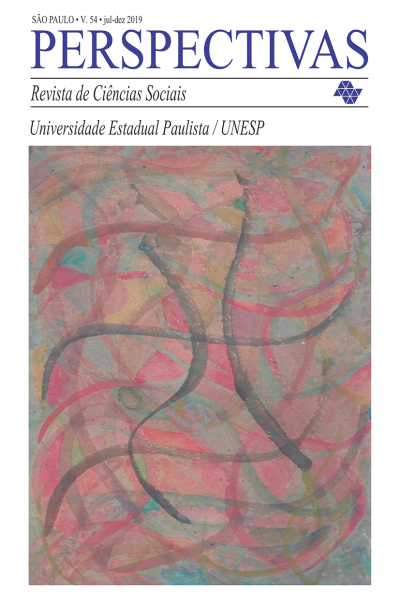Think tanks and the debate on human rights in the United States in the 1970s
between conciliation and political polarization?
Keywords:
Think tanks, Human Rights, Political polarization, United StatesAbstract
This article studies the human rights debate of some influential think tanks in the American political system at a decisive juncture: the years 1975 to 1981. The 1970s is considered a critical period by different kinds of literature because it generated the roots of the current political polarization between Republican and Democratic Parties, it was the origin of a different generation of think tanks and because it fostered the emergence of a new utopia (human rights). Regarding this utopian ideal, a recent line of studies has constituted a reinterpretation of the international promotion of these rights, especially since the 1970s. Those investigations have revealed how the new agenda was supported by a series of ambivalent initiatives that ended up establishing a disputed field concerning the definition of principles and the most adequate strategies. The purpose of this article is to distinguish disputes and reconciliations between conservative and liberal think tanks regarding the concept of human rights and strategies for promoting this agenda. The think tanks were selected based on the relevant literature and a previous mapping of the documentation dedicated to the subject.

